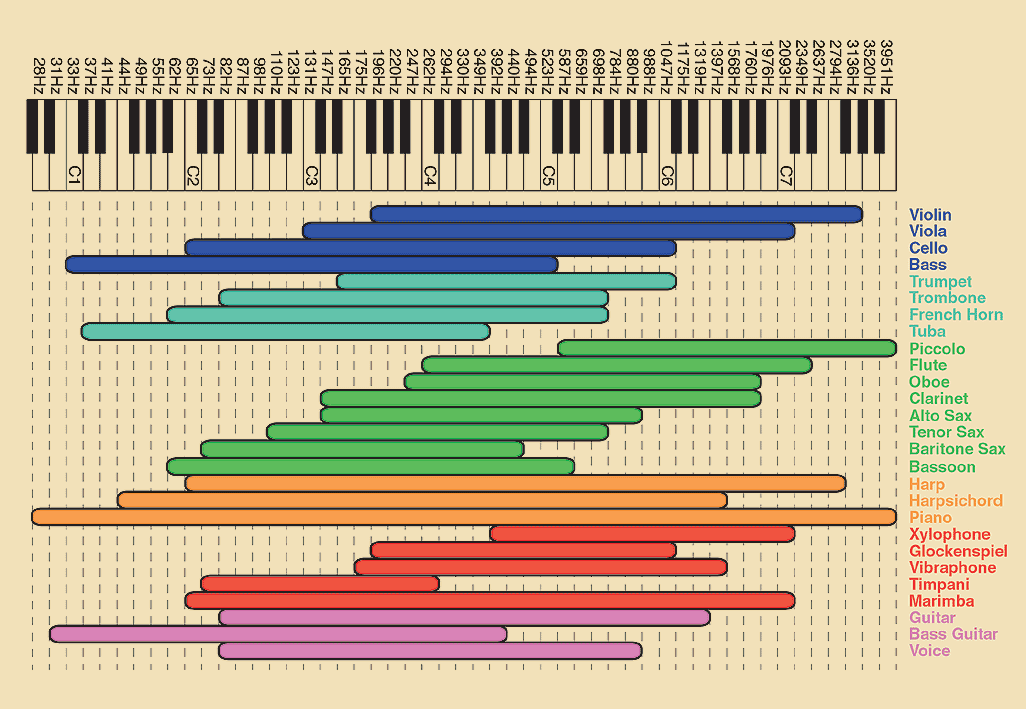It depends on the severity of the drowned out nature you're speaking off.
Assuming, you're using the word literally, it's a combination of EQ, Volume, Panning, and stereo width adjustment.
Those ideas are the fundamental to my mixing technique and seem to be the basis for other people, regardless if they say so. It's a common technical skill to understand those fundamentals before moving on to other things.
Your clarity would come from using just those simple tools on your mixer channel.
That being said, and given the information you have presented, it seems like you may not be balancing things correctly based on frequency content of the individual element in your track.

You might need to understand how amplitude effects those frequencies in order to best project them in the mix.
IE, you need less volume for top end elements than you do for bottom end elements. Because of how fast the vibrations travel over time (aka cycles, aka frequency)
top end content needs less to be project, bottom end needs more to be projected.
I also suggest you strip away ALL your effects from the project, and try to get a mixdown with EQ, Volume, Panning, and stereo width adjustment.(take note of what you have right now, as it might change later, and you can reapply with a new understanding hopefully)
If you do this, you it should help you get a better picture of what you're dealing with and potentially eliminate any other unnecessary variables that you may not be considering.
Plus, using those tools as your foundation will help you identify problems better in the future as you get to do more complicated things with your ears.


 I know that he explained it in a way where if you look at all the notes that are in the displayed chord, they end up being all the notes displayed for the associated mode.
I know that he explained it in a way where if you look at all the notes that are in the displayed chord, they end up being all the notes displayed for the associated mode.


 It is impossible to discuss modes without different opinions my friend. Back at the Ultimate Guitar forum they even made a sticky about them because they got tired of all the "mode" threads.
It is impossible to discuss modes without different opinions my friend. Back at the Ultimate Guitar forum they even made a sticky about them because they got tired of all the "mode" threads.